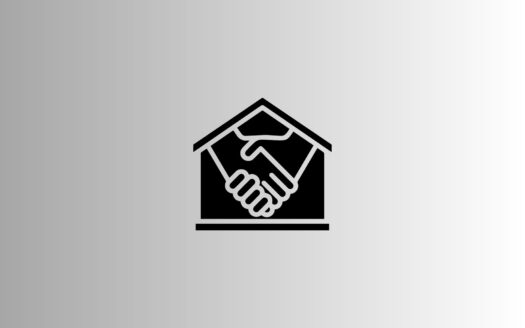Buying vs Renting: A Comprehensive Comparison to Make an Informed Housing Decision
The age-old debate of buying vs. renting a home has been a topic of discussion for years, and it remains a significant decision in the lives of many individuals and families. Both options offer unique benefits and drawbacks, making it essential to understand the factors involved in making this crucial housing decision. In this comprehensive blog, we will delve into the pros and cons of buying and renting, helping you make an informed choice that aligns with your financial goals, lifestyle, and long-term aspirations.
Advantages of Buying a Home
- Building Equity: One of the primary advantages of homeownership is the opportunity to build equity. As you make mortgage payments, you gradually increase your ownership stake in the property. Over time, the property’s value may appreciate, allowing you to build wealth through property appreciation.
- Stability and Freedom: Owning a home offers stability and the freedom to personalize the space to your liking. You can make home improvements, paint the walls, and modify the property as you see fit, providing a sense of pride and ownership.
- Potential for Investment: Real estate has historically shown steady appreciation over the long term. Buying a home can be a potential investment, offering the potential for future financial gains when it’s time to sell.
- Tax Benefits: Homeownership comes with several tax benefits, including deductions for mortgage interest, property taxes, and some home-related expenses. Consult with a tax professional to understand how these benefits may apply to your situation.
- Sense of Belonging: Owning a home allows you to establish roots in a community, fostering a sense of belonging and connection with neighbors. It can provide stability for your family, especially if you have children.
- Potential Rental Income: If you have extra space in your home, such as a basement or an accessory dwelling unit, you can explore the possibility of generating rental income, which can help offset mortgage expenses or contribute to savings.
Advantages of Renting
- Flexibility: Renting offers greater flexibility, as you are not tied down to a long-term financial commitment. This flexibility can be advantageous for individuals who anticipate changes in their living situation, such as relocation for work or personal reasons.
- Lower Initial Costs: Renting typically involves lower upfront costs compared to buying a home. Renters are not responsible for property taxes, maintenance costs, or the down payment typically required for homeownership.
- Minimal Responsibility for Repairs and Maintenance: When renting, the landlord or property management company is generally responsible for most repairs and maintenance. This can save you time, effort, and money compared to homeowners who must handle these responsibilities themselves.
- No Property Value Risk: Renters are not exposed to the risk of property value depreciation. In a declining real estate market, homeowners may experience a decrease in their property’s value, potentially affecting their financial situation.
- Easier to Relocate: Renters have the flexibility to relocate more easily, as they are not bound by the sale of a property. This can be advantageous for individuals who frequently change jobs or prefer a more nomadic lifestyle.
Factors to Consider When Making a Decision
- Financial Situation: Assess your current financial situation, including your savings, income stability, and credit score. Buying a home requires a significant upfront investment, including a down payment and closing costs.
- Long-Term Plans: Consider your long-term plans and how they align with homeownership or renting. If you envision settling in one location for an extended period, buying a home may make more sense.
- Market Conditions: Research the real estate market in your area. Analyze trends in property values and rental rates to determine which option is more financially viable.
- Maintenance and Responsibilities: Owning a home comes with maintenance responsibilities, while renting typically shifts these tasks to the landlord. Consider your willingness and ability to handle these obligations.
- Lifestyle and Flexibility: Assess your lifestyle and how homeownership or renting aligns with your current and future needs. Consider factors such as job stability, family planning, and the desire for flexibility.
- Monthly Budget: Compare the monthly costs of buying vs. renting. While mortgage payments may be stable over time, renting may offer more predictable short-term costs.
Conclusion
The decision between buying and renting a home is not one-size-fits-all and requires careful consideration of individual circumstances and goals. Buying a home provides the potential for building equity, stability, and pride of ownership. On the other hand, renting offers flexibility, lower upfront costs, and minimal responsibility for repairs.
Weigh the advantages and disadvantages of each option and factor in your financial situation, long-term plans, and lifestyle to make an informed choice that best suits your needs and aspirations. Remember that owning a home is a long-term commitment, while renting provides more flexibility and lower initial costs. Ultimately, both options can offer a comfortable and fulfilling living situation when chosen wisely.




